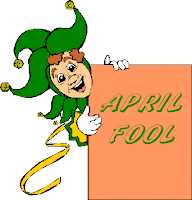A pick up line is a “come on” that a guy may use to try to get a girl interested in him. They usually don’t work, but they are very funny and cheesy. Cheesy means that someone or something is corny or unsubtle.
There are so many pick up lines, that I decided to pick out my top 10 favorite ones. And warning to my male readers, if you use these on a girl, you may get slapped in the face. So, be careful. 🙂
My top 10 cheesy pick up lines!
10. You look cold. Want to use me as a blanket?
9. I must be a snowflake, because I’ve fallen for you.
8. Excuse me, but I think I dropped something. MY JAW!
7. Would you grab my arm so I can tell my friends I’ve been touched by an angel?
6. I don’t have a library card, but do you mind if I check you out? (When you borrow books from a library, you check them out from the librarian.)
5. Did the sun come out or did you just smile at me?
4. Somebody better call God, because Heaven’s missing an angel!
3. Wouldn’t we look cute on a wedding cake together? (Wedding cakes sometimes have a little plastic bride and groom on top of them.)
2. Do you know karate? Because your body is really kickin’.
1. Your daddy must have been a baker, because you’ve got a nice set of buns. (Buns is another word for a person’s bottom/butt. It also is a type of bread.)
For more pick up lines, you can visit:
http://www.pickuplinesgalore.com
This is the site where I got these pick up lines.

